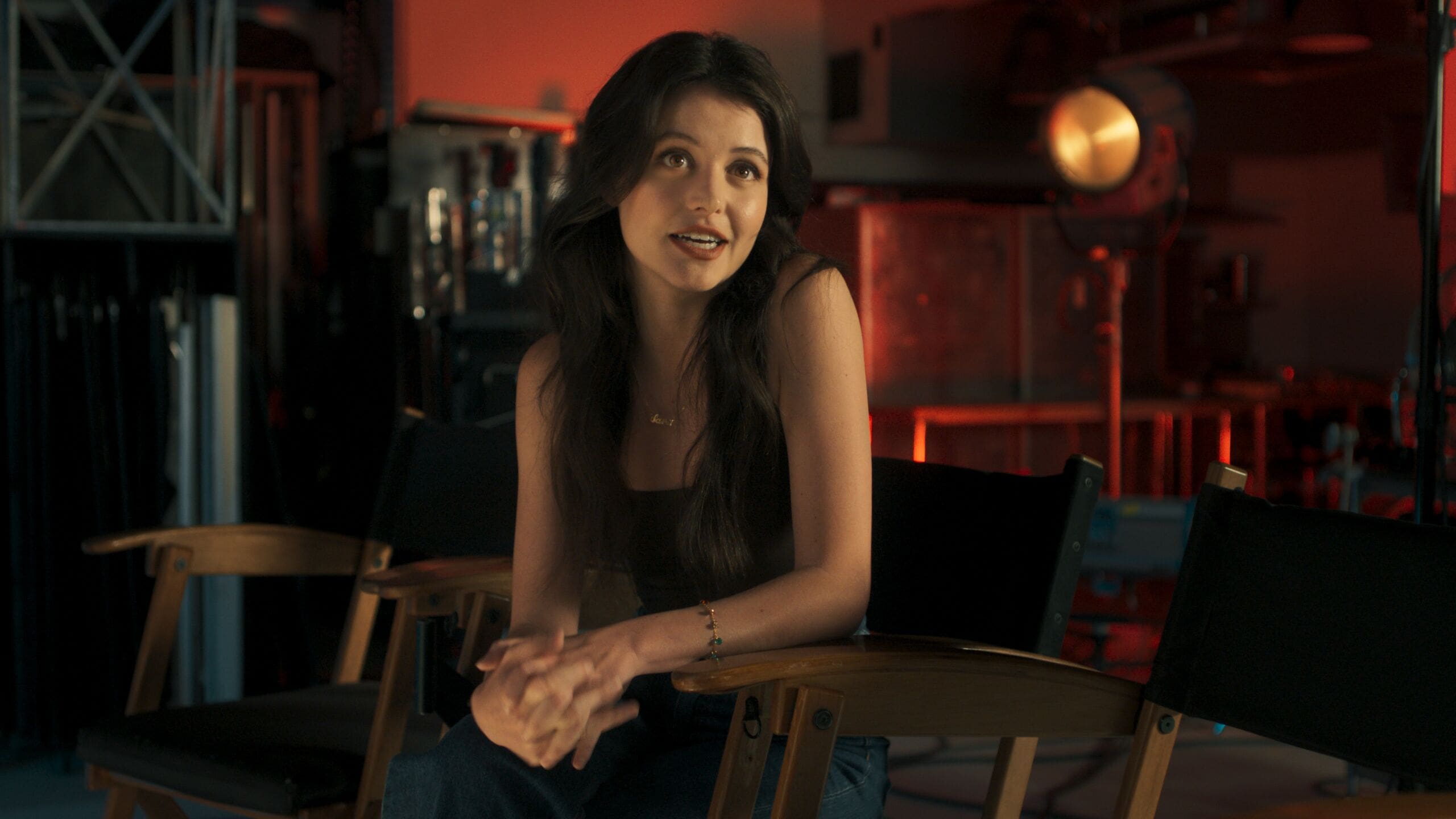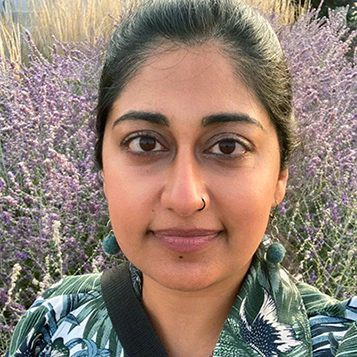Ginny & Georgia actor Sara Waisglass shares personal struggles with mental health in social media campaign
Why It Matters
Social media use can have a detrimental impact on youth mental health and contribute to feelings of anxiety, depression and envy, according to Statistics Canada data. Charities like Unsinkable want to equip young people with the resources to prioritize their mental wellbeing.

Sara Waisglass knows firsthand how social media pressure can impact one’s mental health.
The Canadian actor known as Maxine in the popular Netflix show Ginny and Georgia shares her story with Unsinkable, a nonprofit dedicated to youth mental health, in a video she hopes will resonate with other young people.
“I find myself so afraid to fail. I feel like I’m not allowed to fail anymore, so any win I have just feels like a reprieve from failure,” Waisglass said in the video that hit social media feeds in January.
“I encourage everyone to be honest and talk about what they’re going through because odds are other people are going through the same thing, and we can all connect over it.”
Olympian and mental health advocate Silken Laumann created Unsinkable and tackles the stigma around mental health through storytelling. The charity also equips young people with resources and support to prioritize their wellbeing. Laumann is the closing keynote speaker at the Future of Good’s Changemakers Wellbeing Summit on March 21.
Waisglass jumped on board when the charity approached her because Unsinkable’s mission aligned well with hers.
“Unsinkable speaks to the younger community through personal stories, and that’s what I connected with the most. I don’t think there’s anything more beautiful than being honest and compassionate with one another,” she wrote in an email to Future of Good.
The dark side of social media
It was the strive for Instagram-worthy perfectionism and battling social media’ dark side that led Waisglass to speak openly about her mental health struggles.
“I’ll be the first to admit that my social media only shows a sliver of my life – the fun, glamorous, busy parts that I’m most proud of. I think that gives people a false idea that I’ve got my act together. SURPRISE. I don’t. If anything, that aspect of social media disconnects me from people – even my friends and family,” Waisglass said.
According to the latest Statistics Canada data from 2018, teens between 15 and 19 experienced the highest levels of lost sleep, trouble concentrating, getting less physical activity, and feeling anxious or depressed due to social media use compared to other age groups, with 20 to 24-year-olds trailing close behind.
These adverse side effects don’t just plague young people. Among all social media users aged 15 to 64, around one in eight users (12 to 14 per cent) reported feeling anxious, depressed, frustrated, or envious of the lives of others.
View this post on Instagram
In late January, the U.S. Senate’s Judiciary Committee also heard from policymakers and parents about the impact social media can have on young people’s mental health.
Sexual exploitation, unrealistic beauty standards and the addictive nature of social media were some of the examples cited by parents and policymakers. Impacted families shared harrowing stories about eating disorders, anxiety and other mental health issues.
Parents also held up photos of children who died by suicide.
During the hearing, Meta Chief Executive Mark Zuckerberg apologized to families for not doing enough to protect children from the potential harms of social media platforms.
“Online, we’re seeing what’s going well, 90 per cent of the time, we’re seeing when people are buying something new, or they’re getting a new job, or they’re succeeding in some way, and we’re not seeing the other pieces of their life,” said Hailey Hechtman, executive director of Unsinkable.
She said this can cause some young social media users to feel inadequate, sad, angry or envious. Through Unsinkable, young people can connect, validate and affirm their feelings and find tools to strengthen their mental health, she added.
Empowerment through storytelling
Unsinkable’s programs have a youth-centred approach, and program design and delivery happen in collaboration with young people.
Hechtman said it is empowering to help lead those conversations and focus on topics youth see emerging in their peer groups.
To have a celebrity on board is a win not only for the charity’s visibility but also because of how impactful it is to have a famous person share their struggles and vulnerabilities, Hechtman said.
Even people who appear to have perfect lives on screen and in social media feeds have personal struggles, Waisglass explained.
Her character in Ginny and Georgia is bubbly, energetic and full of life, but the real person behind Maxine wants people to know it is OK not to be OK.
“I think it’s important for everyone to speak out about mental health. I feel like we’ve come so far in terms of ending the stigma, but we’ve still got a long way to go. Mental health struggles can be silent and undetectable, so I just want to do my part to ensure those who are really hurting feel seen, supported and loved,” Waisglass said.
While social media can be fun, Waisglass reminded her fans that it can also be toxic.
She would advise young people to “make sure their value doesn’t come from what they post, but rather in who they are and the effect they have on their community.”


